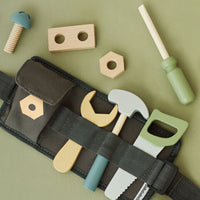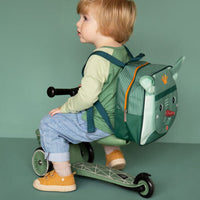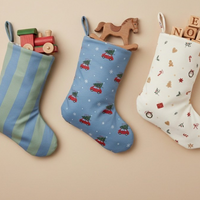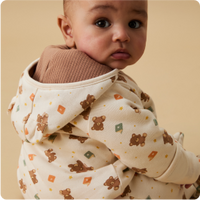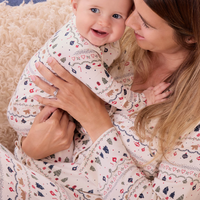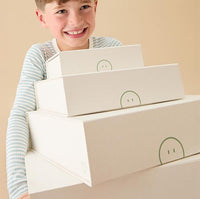4. Using my Spaced Soothing method can help your baby to love sleep without getting upset. It’s about soothing and responding when they need you but taking a step back so they have the opportunity to settle themselves. Watch for your baby’s tired signs like yawning, staring into space, grizzling - these are all signs they are already getting overtired. Then swaddling them, cuddles and in the moses basket. Place your hands on them and gently rock side to side whilst saying shush. You can also stroke your baby’s soothing post, this is from the middle of the forehead to the tip of their nose. This really relaxes them and they can’t keep their eyes open! Finish the rocking gradually - it should last about 2-3 minutes then just place your hands on your baby and gently pat their chest of shoulder. Once they are staring or starting to close their eyes then step back and watch them fall asleep. If at any point they start to fuss then soothe again. If they get upset then pick them up for cuddles and try again.
5. Starting a bedtime routine as soon as you are comfortable is a great way of getting your baby to understand sleep cues and start to wind down for bedtime. Some parents start this in the first 2 weeks, some parents around 4-6 weeks. Babies body clocks work on a 12 hour day and 12 hour night so you can have any flexible routine you want to that fits in with your family. 6.30am-6.30pm, 7pm-7am, 7.45pm-7.45am etc. You need to start a bedtime routine about an hour before the are due to fall asleep. So having a 7pm bedtime means baby is being fed and almost ready to be put in the moses basket to go to sleep. So around 6pm you can start quiet time, no TV or music, playing classical music is fine. A nappy off time can be introduced around 6 weeks old.Then it’s top and tail or a bath around 6.30pm. A massage after can help with getting them more relaxed. Taking them into their nursery to get them ready for bed can help later on with transitioning into their own room. Feed in the dark or with the landing light on, or a Mee light, as light will stimulate and then they won’t settle. Darkness helps produce the melatonin to help them become sleepy.
6. Making sure your baby doesn’t get overtired in the daytime is the key to helping your baby sleep better. You only have a 15 minute window of opportunity from your baby being tired to overtired. Once your baby is overtired they will need help to go to sleep, rocking them and feeding them and usual techniques to help them drift off. If you continue to get them to sleep this way then that’s how they think they go to sleep. It’s lovely to cuddle your baby to sleep in those early weeks but once they reach 6 months and beyond most parents are feeling the strain both on their backs and from being sleep deprived themselves.
Sleep is so important for your little one’s development so try and help them to learn this valuable life lesson. It’s never too early to start teaching them how to love sleep.
Jo Tantum has many years of experience working with families helping their babies to love sleep. She is a Leading Paediatric Sleep Practitioner, and is known in the UK for providing families with sleep consultation. Find out more at www.jotantum.com
We've curated the softest nursery essentials to help calm your baby & keep the whole family sleeping peacefully.
SHOP NURSERY



